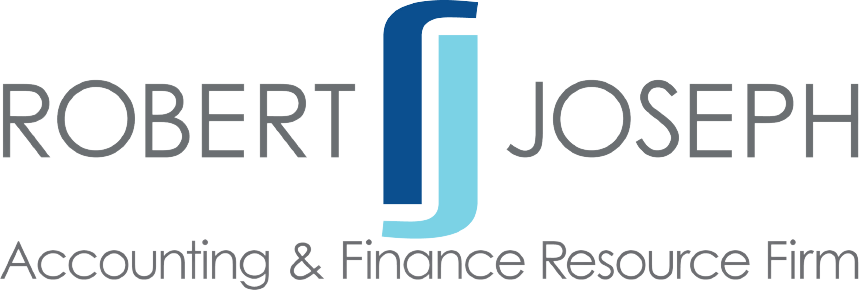5 Tips for Money Management During a Tough Economy
Americans continue to struggle under the weight of inflation. And while it appears that the recession has been staved off for the time being, the cost of household expenses feels staggering, putting a strain on budgets across the country. Saving money feels impossible. Employers face difficult decisions, causing employees to brace themselves for potential layoffs.
It’s more important than ever to hunker down and be wise about money management.
Reevaluate Your Budgetary Priorities
Controlling your money, rather than allowing it to control you, is pivotal regardless of the state of the economy. Budgets are an excellent money management tool; hopefully, you are already operating on one. However, during tough times, priorities often change, making it necessary to reevaluate where your money is going.
Start tracking your money and be honest with yourself about your habits. (You might be surprised!) Determine where you can reallocate your dollars to stretch them farther.
Take a close look at monthly bills
- Rent
- Mortgage
- Utilities
- Phone Services
- Transportation
Identify where your discretionary dollars are going as well
- Entertainment
- Subscriptions
- Travel
- Eating out
- Impulse Shopping
Don’t forget to consider expenses, such as household, food, health care, and education costs. Understand that, depending on your life season or the size of your family, your priorities will vary from those around you. The most important thing is to grasp what those priorities are and where your money is currently going.
Cut Back On Expenses
When things are tight, cutting back on expenses is necessary to give yourself (and your wallet!) a little more margin.
Think outside the box when it comes to cutting your expenses:
- Shop for insurance, phone service plans, and subscriptions — find cheaper options and switch.
- Reduce energy costs by monitoring your thermostat, turning lights off, and putting seals around your windows.
- Find creative, low-cost ways to feed your family by meal planning, buying bulk or shopping at bargain markets, and cooking meals at home more often.
- Refrain from impulse buys and big purchases.
- Shop secondhand.
Pay Off Debt
It seems counterintuitive to focus on paying off debt in a tough economy; however, paying off debt and removing that weight is freeing, pushing you forward –especially as interest rates continue to rise. The snowball method is an excellent tool to have under your belt when looking at debt.
Make Extra Money
Find some new ways to make extra cash. Perhaps you can take on a side hustle or sell items you no longer need or use. Ask for extra hours at work. Every little bit helps and can go to paying off debt or strengthening your savings.
Focus on Savings
Make saving money a priority. When budgeting, most people allocate money towards their expenses first but consider putting money towards savings before spending. Switch to a higher-interest earnings savings account. Don’t neglect your investment accounts. In addition, shore up your emergency fund. If the economy gets worse, you want to be prepared!
At the Robert Joseph Group, we combine our years of experience to provide real solutions to our clients and job seekers. By offering a targeted recruiting strategy, we match top-tier candidates to top-tier companies. Contact us today to begin!
